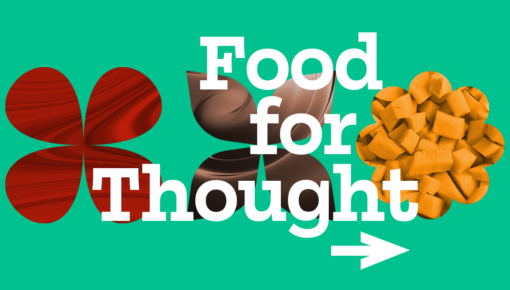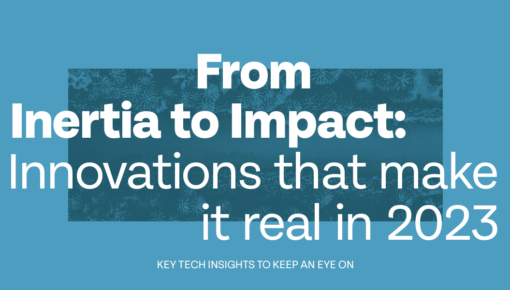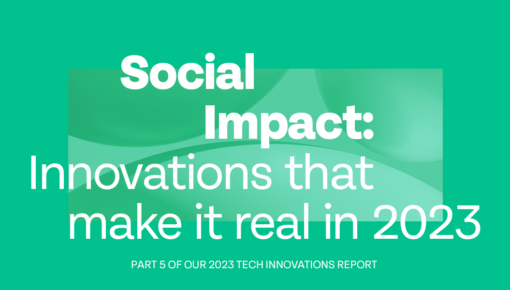Industry Trends: Confectionery and Snacks
1 Clean labels 2.0
Clean labels are just not enough anymore. Consumers expect even more transparency and honesty from manufacturers. The term “free-from” is, now, not only referring to allergens, but also includes info about animal cruelty, genetically modified ingredients and supply chain processes.
In these tumultuous times, however, the FDA* is providing temporary flexibility to food manufacturers in regards to nutrition labelling. For example, inventory that was labelled for restaurants can now be sold to consumers, provided that it still contains identification name, ingredients, net quantity of contents, allergens and manufacturer name&place.
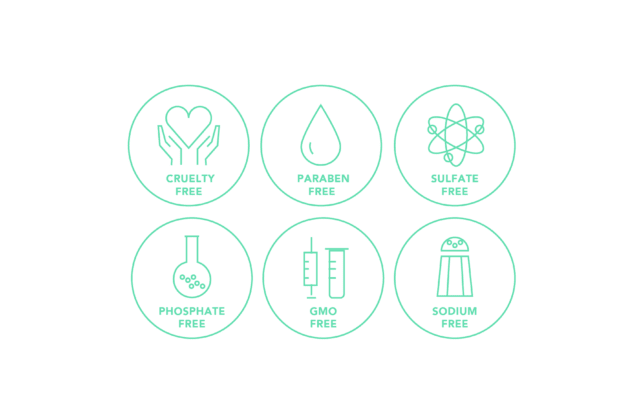
* The Food and Drug Administration is a federal agency of the United States Department of Health and Human Services.
2 Sugar-free: no longer a selling point
Sugar-free products, sugar replacers options and natural sweeteners have become the norm for global manufacturers. This means that brands need to promote different wellness benefits to stay ahead of the curve. High-protein, lactose-free, gluten-free, low calories, are just some of the differentiation examples.
Interesting fact: Overall sugar consumption has been affected by the global lockdown, as countries adopting isolation measures saw a 5% reduction. This is probably due to a collapse in out-of-home food and drinks consumption. Global sugar consumption in 2020 could reduce as much as 2m tonnes (czarnikow.com)
3 Low-fodmap is the new gluten free
Gluten free diets have been popular amongst both gluten tolerant and intolerant people.
Next in line, however, is the Low-FODMAP diet, which has emerged as one of the fastest-growing diets due to its effective treatment against digestive problems like bloating, gas and stomach pain. As the young generation is increasingly busy and consumption of snacks intensify, food manufacturers need to provide low-FODMAP alternatives for this segment.
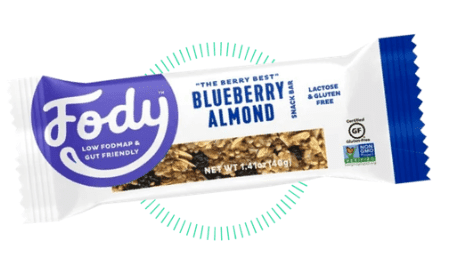
FODMAPs are a group of fermentable carbs that aggravate digestion issues in certain people.
4 Pack no harmful punch
The environmental impact of food packaging has been a relevant topic amongst consumers for many years now. Today however, the consumer demand goes beyond recycling and calls for biodegradable, compostable or plant-based packaging. Also, consumers are increasingly gathering info on how to properly recycle or dispose of a package. Communicating about these topics is subsequently of growing relevance for brands.
Given the current status of the world, packaged and canned goods will probably see a rise in purchase numbers. Naturally as a consequence of shelf-life and hygiene concerns and the role packaging plays in it.
5 “Locking down” the calories
Snack and comfort food made a big comeback at the beginning of the pandemic. Indeed, sales figures were soaring during the “lockdown” worldwide; consumers feel bored, anxious and stressed and seek relief by eating all day. However, consumers preferences are now moving towards healthy snacking, as people are more conscious of the food they consume.
40% of Americans mention they have been eating more snacks since the outbreak began (Nielsen data)
The global market for snack food (2020-2027) is expected to grow at 7% CAGR
6 Pleanty food
Consumers are eating more plant-based alternatives than ever before. Global brands have delighted them with all sorts of plant-based innovations across every category – from avocado-based chocolates to bean-based snacks. Plant-based foods sales grew even further in recent weeks; sales of oat milk grew 476.7%, where dairy milk sales only grew 32.4%. (Nielsen data).
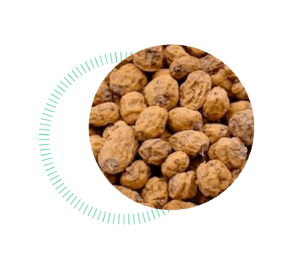
Interesting plant-based ingredients to look at in 2020 include lentils, peas, quinoa, tiger nuts. Tiger Nuts, which are not really nuts but tubers, can be used as a milk, raw, cooked, baked, fried, fermented and even pickled. They look like wrinkly chickpeas and they taste sweet.
7 Beyond the calorie
Increasingly, shoppers are buying into promotional health benefits of candies and snacks. Functional food is expected to become even more important and should be a priority for brands in the next years. The current world epidemic crisis will further fuel the craze around healthy eating. People are seeking to boost their immune system in response to the outbreak by eating healthier and being mindful of what they eat. (ndtv food)
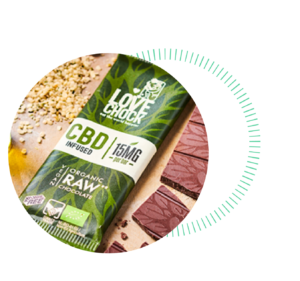
CBD (not-psychoactive derivate from the cannabis plant) is expected to grow across the snack and candy market. Big players will need to focus on educating consumers about its benefits like reducing anxiety and insomnia.
8 Travel through taste
Younger consumers crave for adventurous and authentic global flavours, especially during monotonous lifestyles caused by lockdowns. Two Asian foods are expected to grow in the next years:
Bubble Tea a drink from Taiwan, with a base made from tea and chewy “pearls” inside.
Ube, the purple and sweet root vegetable from Philipines.
At the same time, protectionist measures by national governments during the pandemic crisis could provoke food shortages around the world. We might see less supply for exotic products and more demand for local products from consumers.
9 Instafood
Social media has greatly influenced the food industry, with endless creativity on food plating, pairing, colouring. This creates expectations in what people are seeking offline, from colours to textures, from flavours to packagings. Innovative snacks and candy solutions by global manufactures are the result, where they’re hoping to create an online buzz that finally leads to increased brand interest & loyalty.
Oreo has been releasing special limited-edition flavours for years. During this first half of 2020, the world’s top-selling cookie from Mondelez International, surprised customers with 2 fashion partnerships.
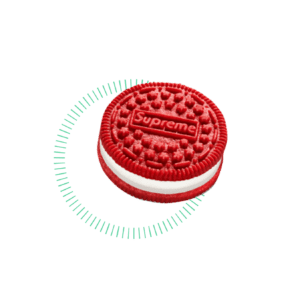
A collaboration with the fashion icon Chiara Ferragni, through a special packaging design.
A limited-edition of red Oreos in partnership with the American fashion brand Supreme.
